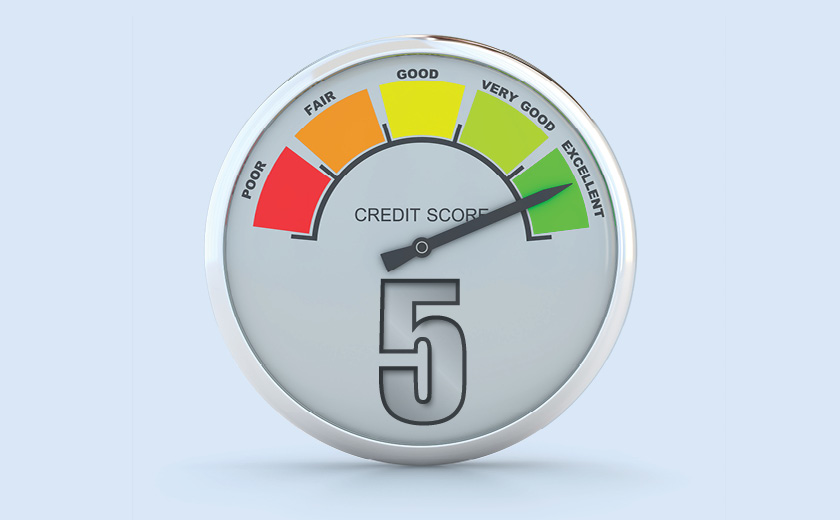In our busy lives, it can be easy to overlook a bill or loan repayment. But it can lead to a default appearing on your credit history. That’s when you need to know how to clear the slate and restore your credit score.
Your credit score is based on your personal credit history maintained by a variety of credit reporting agencies like Experian, Illion and Equifax. They record both the good aspects – and not-so-good aspects – of how you’ve managed debt and credit.
As a guide, making loan repayments made on time will help build a strong credit score. On the flip side, late repayments and defaults can lower your score.
How defaults can happen.
To be clear, a loan default is when you miss a loan repayment.
Defaults can make their way into your credit history in one of two ways:
A mistake has occurred.
One possibility is that an error has occurred. It could be a mix up with names, or simply be a computer glitch.
This highlights the need to check your credit report at least annually to be sure everything is in order – including your current name and address.
If you see a mistake, get in touch with the credit reporting agency or the lender involved to have the error fixed.
You’ve missed a repayment.
If you miss a loan or credit repayment, don’t panic. You have a 14-day grace period in which to make the payment before a lender can report a late payment on your credit history1.
The rules around a default and your credit score.
A default is very different from a late payment.
In terms of your credit report, a missed payment is regarded as a default when it is more than 60 days overdue. During that time the lender will reach out to you to let you know the payment is owing. So a default goes beyond a temporary oversight.
Defaults will only appear on your credit record when the amount owed is over $1502. That said, a default will stay on your credit file for five years3.
What you can do.
There may be times when a default can be wiped from your credit file quickly. This can be the case if your credit provider has made a mistake, or something has happened outside your control, such as a natural disaster4, which has prevented you from making a payment.
In most cases, however, a default is the result of simply overlooking or forgetting about a payment.
Where this is the case, it’s a good idea to pay the overdue debt. This will see the credit provider update your credit report to say you’ve made the payment. That’s a plus. But it won’t mean the default is wiped from your credit report.
If you have a default on your credit file, a sensible solution is to keep making repayments on time with your other forms of credit.
This will help to improve your score, steadily reducing the negative impact of the default over time, until it’s removed from your credit report altogether.
The bottom line is that a default can have a lingering impact. So if you can, aim to avoid defaults in the first place.
If you think you may have trouble making a repayment, contact your lender early rather than skipping the payment. If you make a request for hardship assistance, a lender isn’t allowed to list a default on your credit report until the issue is resolved5.
To learn more about taking care of your credit score and managing credit, speak with the Defence Bank team. Call our Contact Centre on 1800 033 139 or visit your local branch to find out more.
Got questions? We have the answers. See our FAQs.
1 https://www.equifax.com.au/sites/default/files/16-8305_ConsumerFAQFinal.pdf
2 https://www.equifax.com.au/sites/default/files/16-8305_ConsumerFAQFinal.pdf
3 https://www.equifax.com.au/sites/default/files/16-8305_ConsumerFAQFinal.pdf
4 https://www.creditsmart.org.au/struggling-with-debt/about-defaults/
5 https://www.oaic.gov.au/privacy/credit-reporting/repayment-history-and-defaults
Important note: This information is of a general nature and is not intended to be relied on by you as advice in any particular matter. You should contact us at Defence Bank to discuss how this information may apply to your circumstances.




